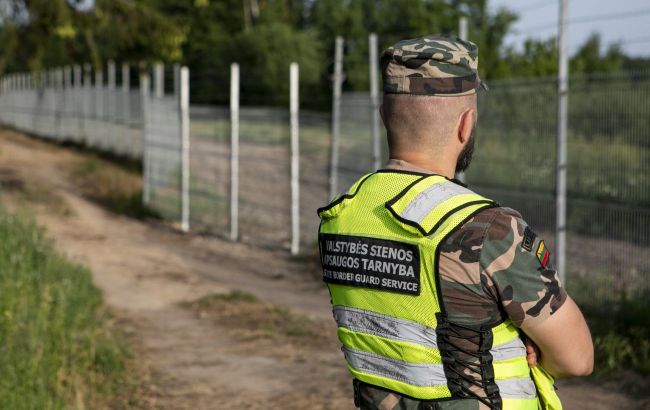Lithuania to revoke residency permits of Russians who travel to Russia or Belarus
 Photo: The only exception will be for truck and bus drivers (Getty Images)
Photo: The only exception will be for truck and bus drivers (Getty Images)
In Lithuania, new restrictions for Russians came into effect on May 3. The country will revoke the residence permits of those who travel to Russia or Belarus more than once within three months without a valid reason, LRT reports.
An exception is made for drivers engaged in international freight and passenger transportation, including those working for companies traveling to EU countries, from them, or in transit through Lithuania. In such cases, the provision does not apply.
According to the Migration Department, as of April 1, 14,000 people held valid residence permits in Lithuania, 652 of whom were Russian citizens.
LRT noted that the law "On the Establishment of Restrictive Measures in Connection with Military Aggression Against Ukraine" suspends the acceptance of applications for Schengen and national visas from citizens of Russia and Belarus, except in cases where the Ministry of Foreign Affairs mediates the process. In addition, Russian applications for temporary residence permits in Lithuania are also not accepted, with exceptions made only for those who hold a valid Schengen or national visa, or a residence permit in Lithuania or another EU country.
Russians and Belarusians entering not through the EU border are also subject to additional screening for threats to national security, public order, state policy, internal security, public health, or international relations.
Moreover, they are prohibited from bringing Ukrainian hryvnias into or out of Lithuania, as well as from importing agricultural products and animal feed from Russia or Belarus.
Furthermore, according to the law, Russians who do not have a residence permit in Lithuania are prohibited from purchasing real estate in the country.
Lithuania strengthens its borders
A few weeks ago, the reports indicated that Lithuania is strengthening the protection of its state border and introducing new restrictions at checkpoints due to provocations by Belarus.
The reason for this decision was illegal migration, as well as changes in the tactics of Belarusian intelligence and border services.

